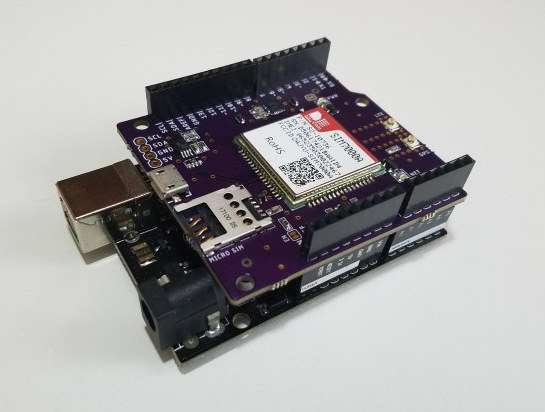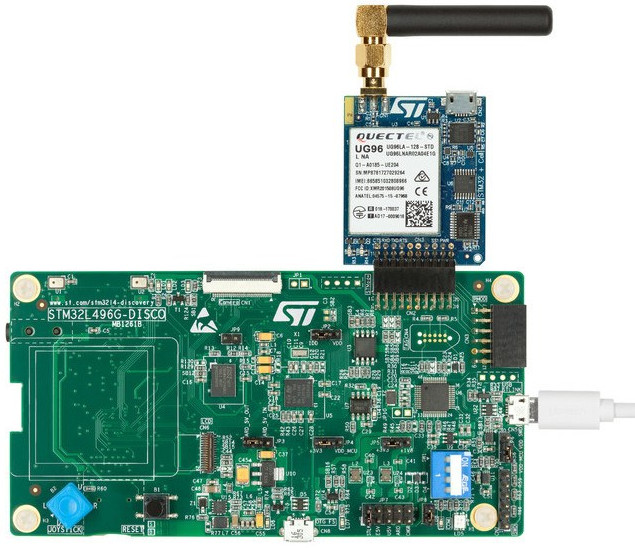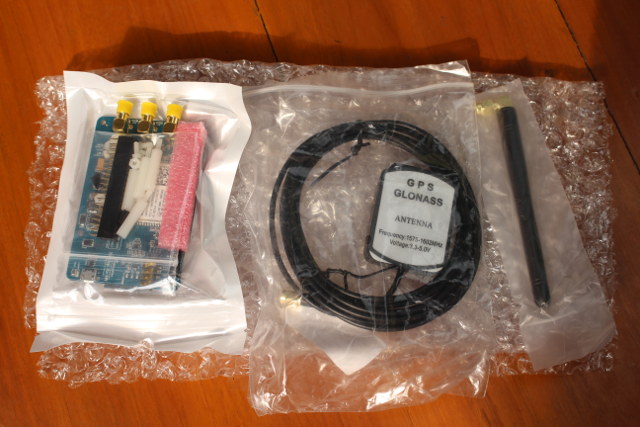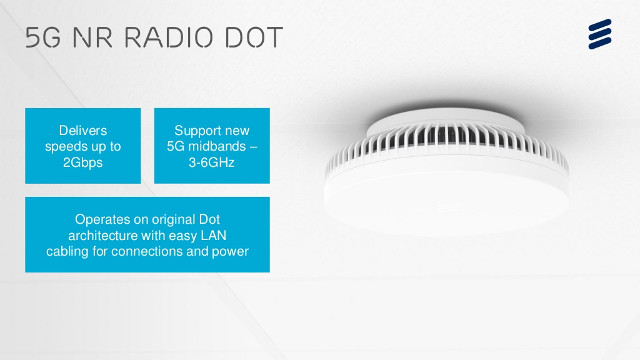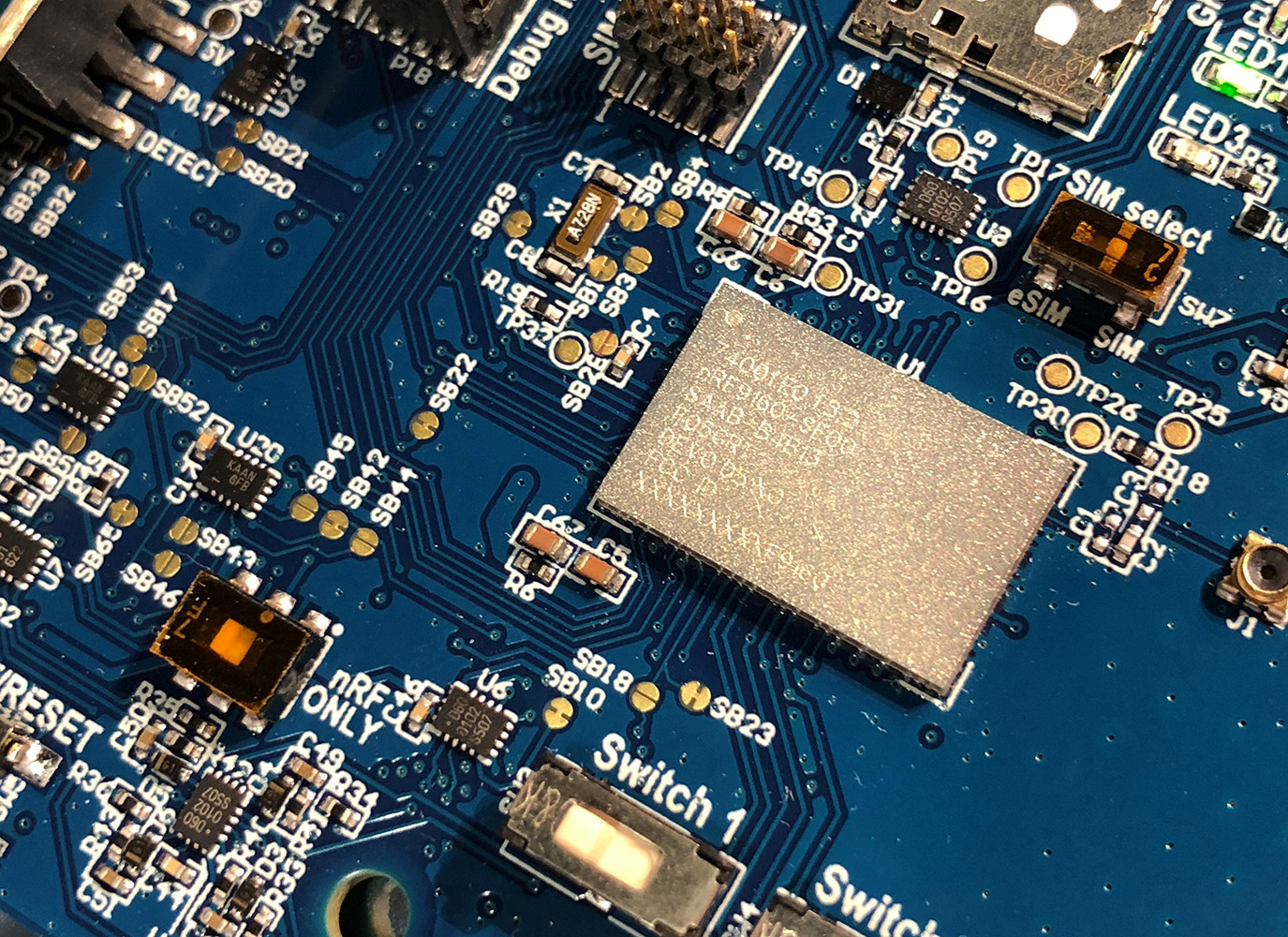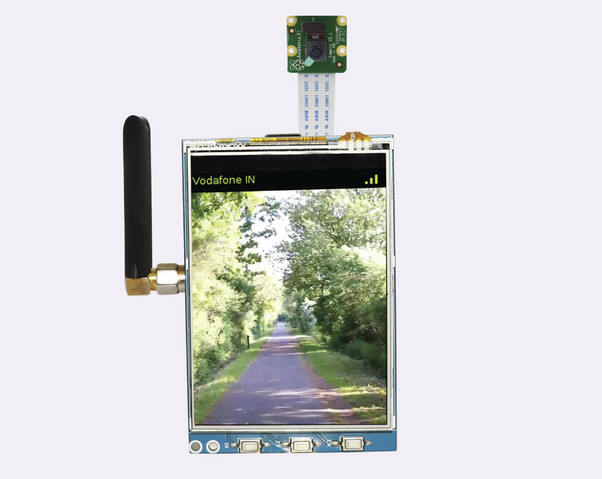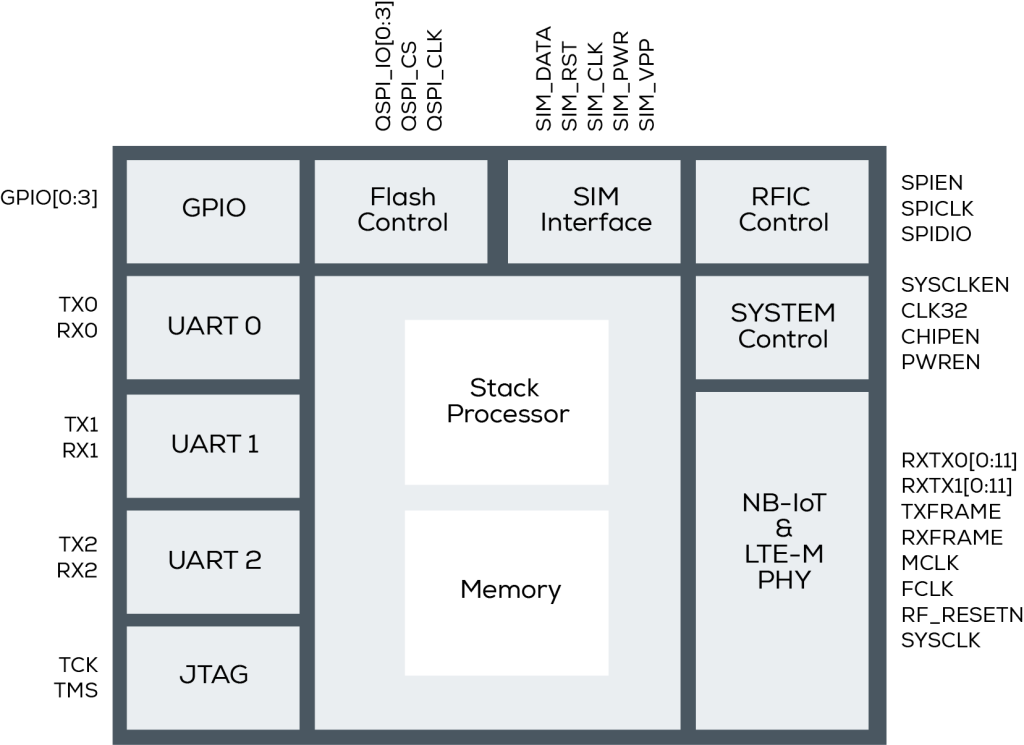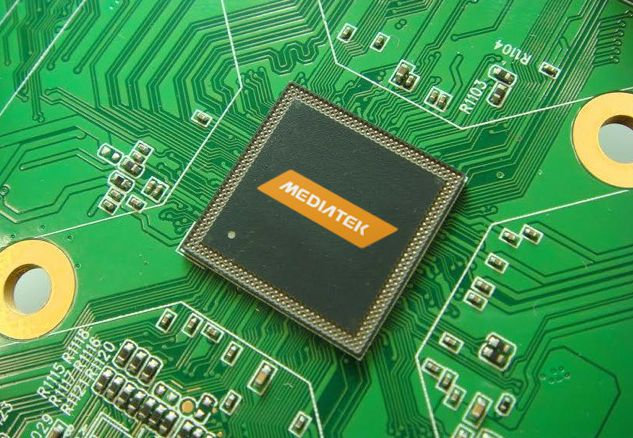We’ve already covered several NB-IoT (and/or LTE Cat M1) Arduino shields with products like RAK Wireless WisLTE, Sixfab Arduino NB-IoT shield, or AIS NB-IoT shield, which all happen to come with Quectel modules. A young self-taught engineer has decided to make his own Arduino eMTC/NB-IoT shield, but based on a SIMCom SIM7000-series module instead of a Quectel one found in the other aforementioned products. Board specifications: Cellular Module (one of the list depending on your location) SIM7000A LTE Cat M1 & NB-IoT module certified for AT&T and Verizon in the US SIM7000C Cat M1/NB-IoT module with 2G/2.5G fallback for the Chinese market SIM7000E Cat M1/NB-IoT module with 2G/2.5G fallback for the European market Note: The developer is also looking into SIM7000G module which should work globally, but the option is not available for now Micro SIM card holder GNSS – GPS/GLONASS with 2.5m accuracy supported by SIMCom modules Antenna – […]
STMicro Introduces Two STM32 Discovery Kits with 2G/3G or 4G LTE-IoT Cat M1/NB1 Connectivity
Embedded World 2018 trade fair will take place on on take place on February 27 – March 1 in Nuremberg, Germany, and we’re starting to see some company announce new products and solutions for the embedded market. STMicro has just announced their showcase their very first cellular development kits at the event, based on a display-less variant on their 32L496GDISCOVERY Discovery board with cellular add-on boards: P-L496G-CELL01 Discovery kit with with a 2G/3G modem P-L496G-CELL02 Discovery kit with with an LTE-IoT Cat M1 (eMTC) / NB1 (NB-IoT) / 2G model Now the company has not started designed their own cellular modem, but instead relying on QUECTEL modems. Both kits share most of the same specifications: MCU – STMicro STM32L496AGI6 Arm Cortex M4F MCU@ 80 MHz with 1 MB Flash, 320 KB RAM in a UFBGA169 package On-board memory – 8 Mbit PSRAM On-board + external storage – 32 KB I2 […]
How to Use 3G and GPS on Raspberry Pi with ThaiEasyElec 3G HAT Expansion Board
Venus Supply is an embedded systems company based in Bangkok, Thailand that sells products through their ThaiEasyElec website/brand, as well as a act as a local distributor for popular DIY electronics items. I previously tested their ESPino32 ESP32 board, and the company has now send me another of their new product called “3G HAT Expansion for Raspberry Pi” and based on Quectel UC20-G that support 3G and GPS/GLONASS connectivity globally, meaning it should work in any country with 2G or 3G coverage. After listing the specifications, going through unboxing and assembly with a Raspberry Pi 2/3 board, I’ll write some quick start guide to show what I had to do to use GPS and connect to 3G with a Hologram SIM card. 3G HAT Expansion for Raspberry Pi Specifications Quectel UC20-G wireless module supporting Cellular 3G – UMTS @ 800/850/900/1900/2100 MHz 2G – GSM @ 850/900/1800/1900 MHz Data – HSPA+ […]
Ericsson Unveils 5G Radio Dot for Better 5G Indoor Coverage
5G cellular technology is coming sometimes in 2019, before ramping up in 2020 in several countries. The new 3GPP standard will allow maximum bandwidth up to 10 Gigabit per second, and we’ve already seen announcements such as Snapdragon X50 5G Modem which will be able to reach up to 5 Gbps download speeds. 5G apparently works at either high bands starting at 28 GHz and up to 60 GHz, which means 5G signal might have a really hard time penetrating through walls or other obstacles, or at mid bands between 3.5 and 5 GHz which will still be a challenge compared to 4G LTE operating between 600 MHz and 3.5 GHz. That means that signal from outdoor base station won’t be able to penetrate in all building, so 5G indoor small cells will be necessary for good indoor coverage. Ericsson has already unveiled their own small cells with 5G radio […]
Nordic nRF91 Multimode LTE-M / NB-IoT SiP Embeds Arm Cortex-M33, Arm TrustZone, and Assisted GPS
Nordic Semi will soon launch nRF91 series low power cellular IoT solution, that consists of a system-in-package (SiP) combining a global multimode LTE-M / NB-IoT modem, an Arm Cortex-M33 core, Arm TrustZone security solution, assisted GPS, and flash memory into a 16x10x1.2 mm package. Nordic Semi nRF91 specifications known to far: CPU – Arm Cortex-M33 ARMv8-M host processor Memory / Storage – Built-in RAM and flash Memory Connectivity Multimode LTE-M (eMTC) and NB-IoT modem by Nordic SAW-less transceiver Custom RF front-end solution from Qorvo. Location – Optional assisted GPS combining cellular and GPS technology for fast and accurate positioning Security – Arm TrustZone security via Arm CryptoCell-310 security IP Power Management Package – 16 x 10 x 1.2 mm Nordic Semiconductor nRF91 Series is said to include a complete suite of software and development tools for product development, but no details were provided at this stage. The solution has already […]
Turn Your Raspberry Pi into a “Smartphone” or Cellular IoT Gateway with PiTalk 3G HAT (Crowdfunding)
The Raspberry Pi boards are used in a countless number of projects, and some of those turn one of Raspberry Pi boards into a (thick) smartphone powered by Linux. The first one was probably PiPhone based on Raspberry Pi 1 Model B, and other followed suit such as TyTelli based on Raspberry Pi Model A+, and more recently ZeroPhone powered, as its name implies, by Raspberry Pi Zero board. UK based SB Components Ltd is offering another option with their PiTalk HAT based on a Quectel 3G UMTS module, and kits adding a 3.2″ to 5″ display, an optional camera, and/or Raspberry Pi 3 board. PiTalk board specifications: Cellular Connectivity Quectel UC15 3G/2G UMTS/HSDPA and GSM/GPRS/EDGE module with up to 3.6 Mbps download, 384 Kbps upload SMA antenna connector Push push SIM card holder Voice, SMS and data support Audio – 3.5 mm audio jack, speaker and mic support via […]
Riot Micro RM1000 NB-IoT and eMTC Baseband Chip Unveiled for the Cellular IoT Market
Telecommunication providers don’t intend to let newcomers like Sigfox or Semtech (LoRa) get all the fun and money with the Internet of Things, and that’s why LTE Cat M1 (eMTC) and Cat NB1 (NB-IoT) have been standardized. We have already covered module and silicon vendors products such as U-blox SARA-R4 / SARA-M2 modules, or Mediatek MT2625 SoC supporting the new protocols defined in 3GPP release 13 specifications. U-blox even have a module that supports both NB-IoT and eMTC in a single chip, but they are not alone anymore, as a startup called Riot Micro introduced RM1000 baseband NB-IoT & eMTC chip. RM1000 key features & specifications: MCU – ARM Cortex-M0 processor Storage – QSPI Flash interface Connectivity LTE-M Baseband supporting 3GPP Release 13 NB-IoT Baseband supporting 3GPP Release 13 SIM interface with power control Peripherals Digital data and control interface to popular RFICs (RBDP/DIQ/SPI) 3x UART interfaces General purpose I/O […]
Mediatek MT2621 Supports Dual Mode NB-IoT and GSM/GPRS for IoT, Wearables, and Industry 4.0
Mediatek introduced MT2625 ARM Cortex-M SoC supporting NB-IoT (aka LTE Cat NB1/NB2) compatible with 3GPP Release 14 last summer, and designed for global cellular IoT devices. The company has now unveiled a new NB-IoT part with Mediatek MT2621 ARM7 dual-mode IoT SoC that is capable of both NB-IoT R14 and GSM/GPRS connectivity for applications such as smart trackers, wearables, IoT security, smart metering and industrial applications. The chip would allow you to start deploying devices with GSM connectivity, and once available in your locale, switch to the more efficient NB-IoT protocol. Mediatek MT2621 specifications: Processor – Single ARM7 core @ up to 260MHz Memory – 160KB + 4MB PSRAM Internal Flash Connectivity Integrated Baseband, RF, Antenna, and Modem DSP NB-IoT ultra-low/low/mid bands defined by 3GPP Rel-14 GSM/GPRS Bluetooth 4.2 Display – LCM interface Camera – Camera interface Audio – Audio Amplifier Integrated PMU Mediatek is really light on details, but […]


